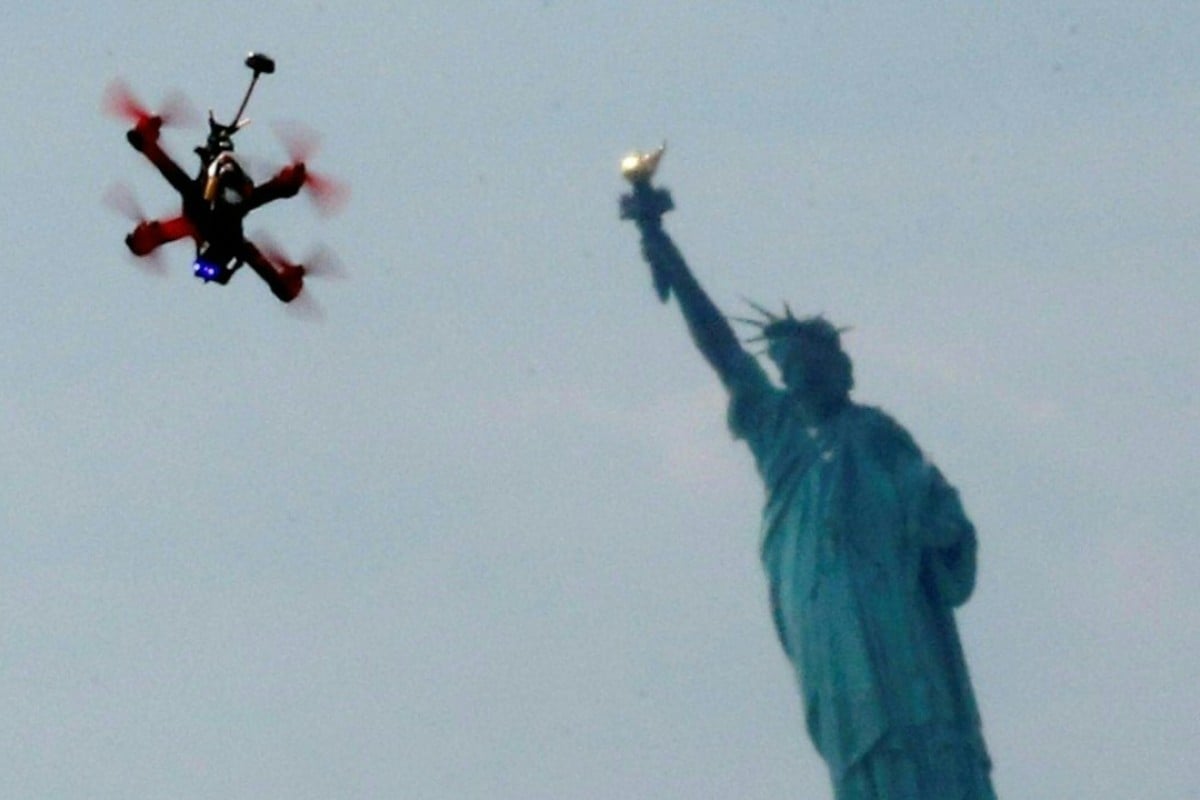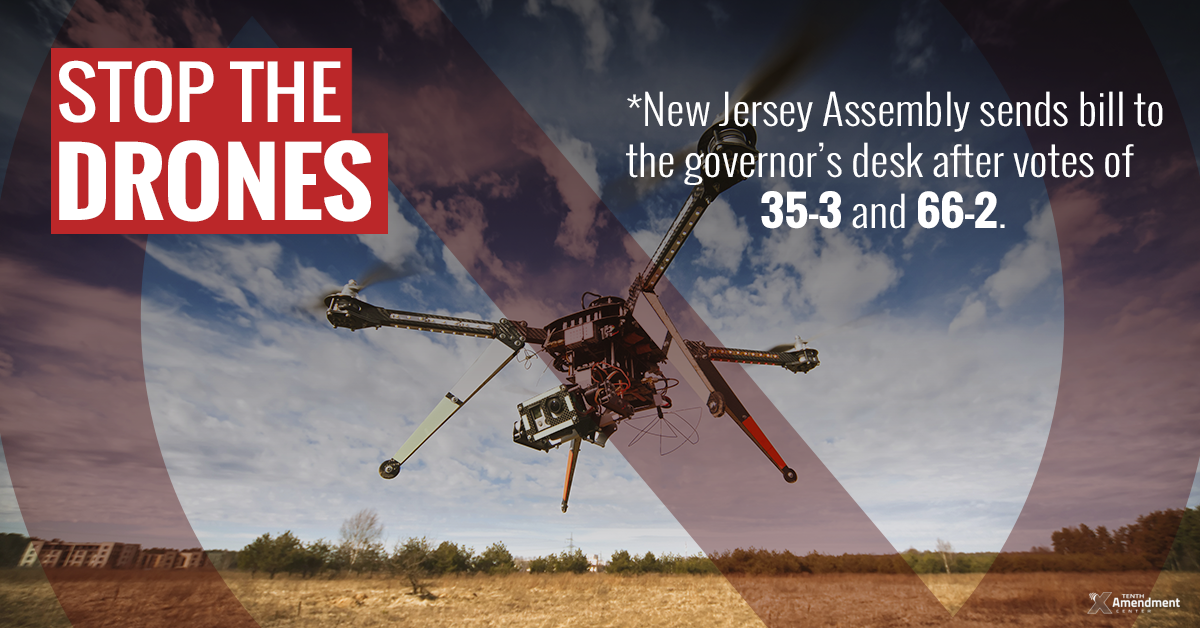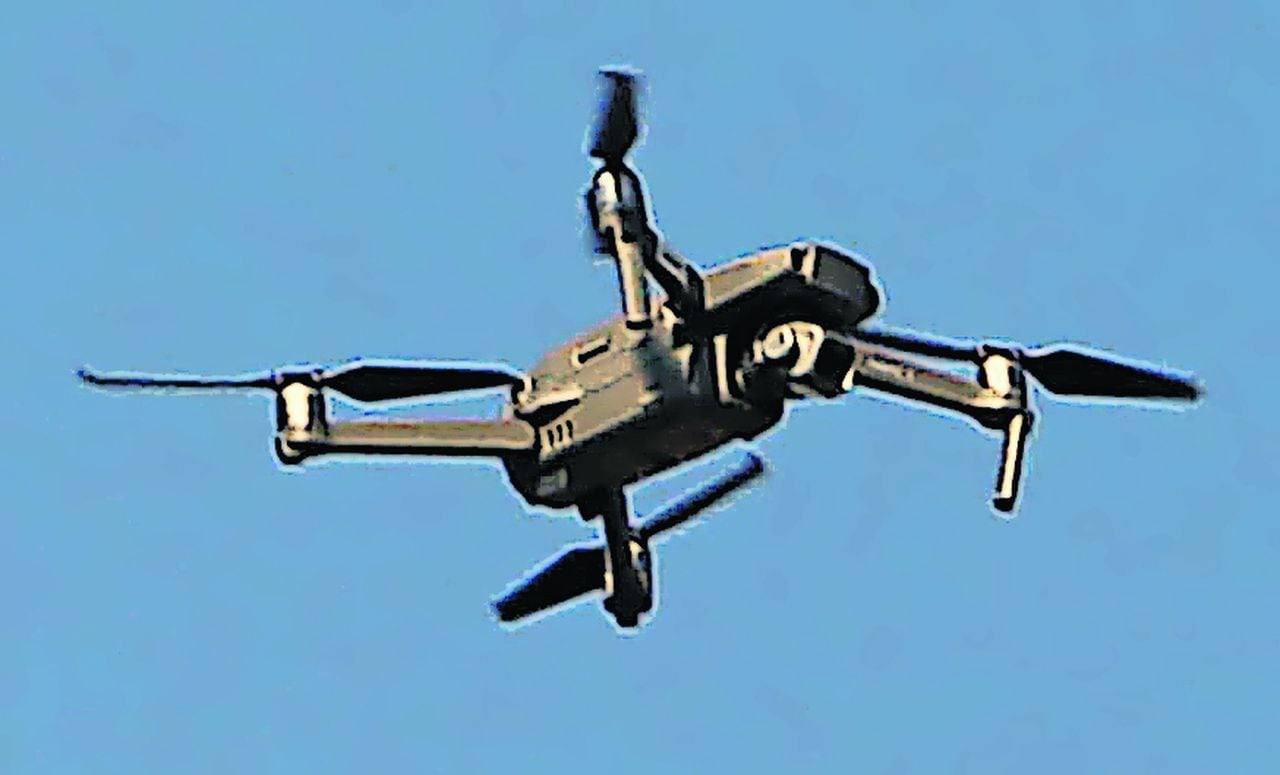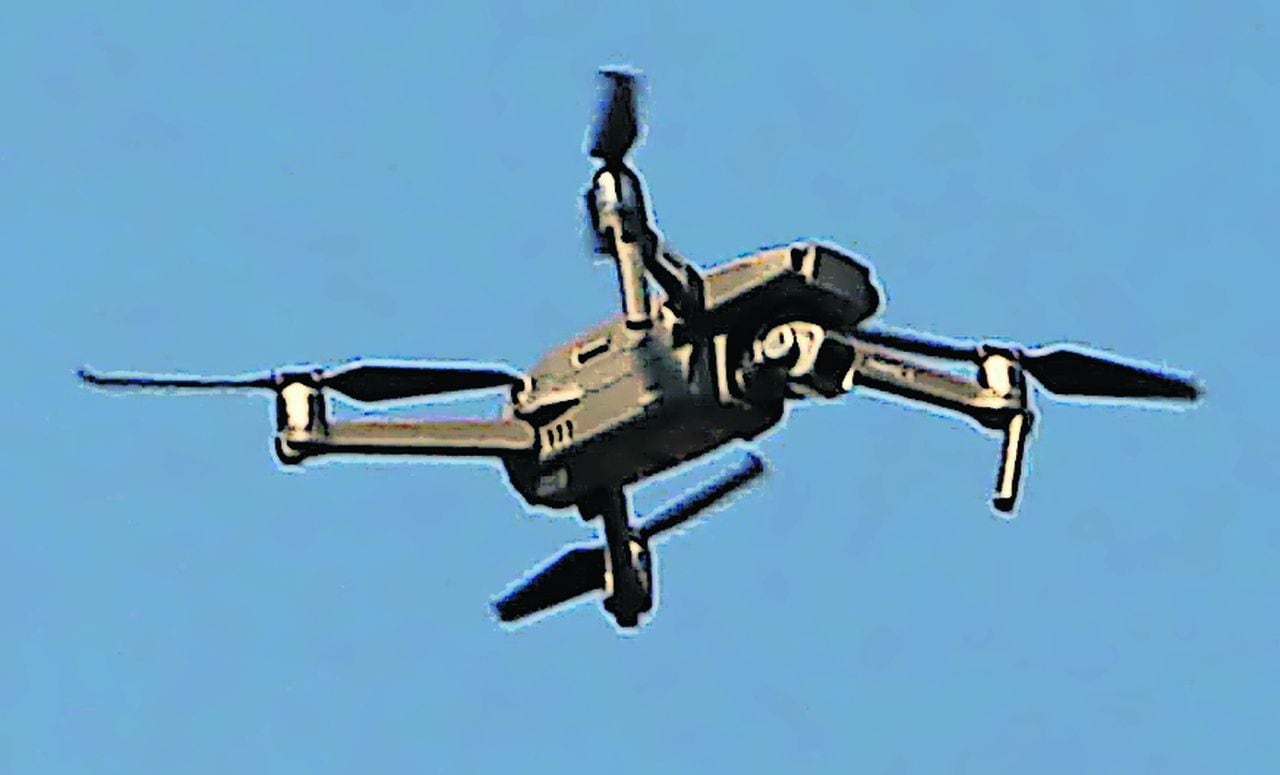Drones Over New Jersey Solved: The increasing use of drones in New Jersey has presented both opportunities and challenges. This comprehensive analysis delves into the legal framework governing drone operations within the state, examines common incidents and their causes, explores technological solutions for mitigating risks, and assesses the impact of drones on public safety and infrastructure. We’ll unravel the complexities of drone regulations, technological advancements, and their overall effect on the Garden State.
From navigating the intricacies of New Jersey’s drone laws to understanding the role of drones in emergency response and infrastructure maintenance, this exploration aims to provide a clear and concise overview of the current state of drone usage and its future implications. We’ll examine successful drone deployments, discuss the economic benefits, and highlight potential challenges to ensure responsible and safe drone integration into New Jersey’s landscape.
Drone Operations in New Jersey: A Comprehensive Overview
The increasing popularity of drones in New Jersey necessitates a clear understanding of the legal framework, common incidents, technological solutions, and impact on public safety and infrastructure. This overview delves into these crucial aspects, providing insights into the current state of drone operations within the state.
Legal Aspects of Drone Operation in New Jersey

New Jersey’s drone regulations are primarily governed by federal Aviation Administration (FAA) rules and state-specific laws. These regulations cover various aspects, from registration and licensing to operational limitations and airspace restrictions. Violations can result in significant penalties, including fines and potential legal action.
Compared to neighboring states like Pennsylvania and New York, New Jersey’s regulations generally align with the national standards set by the FAA, although specific local ordinances might vary. Several legal cases involving drones in New Jersey have established precedents regarding liability and acceptable operating procedures. These cases highlight the importance of adhering to all applicable regulations.
| Permit/License Type | Requirements | Restrictions | Fees |
|---|---|---|---|
| FAA Part 107 Remote Pilot Certificate | Passing a knowledge test, background check | Operational limitations based on airspace and weather | Application fee |
| State-Specific Permits (if applicable) | May vary depending on the specific operation | May include restrictions on flight times, locations, and payloads | Varies depending on the permit |
| Waivers and Authorizations | Required for operations exceeding standard limitations | Specific conditions and restrictions apply | Varies depending on the request |
Common Drone-Related Incidents in New Jersey

Drone incidents in New Jersey encompass a range of occurrences, from near misses with aircraft to unauthorized flights over sensitive areas. Data collected from law enforcement and accident reports indicate that pilot error, malfunctioning equipment, and disregard for airspace restrictions are the primary causes.
A chronological analysis of reported incidents reveals an increase in drone-related activity, correlating with the growing popularity of drones. This necessitates proactive measures to mitigate risks and improve safety.
| Incident Type | Frequency (Example Data) |
|---|---|
| Near misses with aircraft | 15 |
| Unauthorized flights over restricted areas | 25 |
| Drone malfunctions | 10 |
| Other incidents | 5 |
Technological Solutions for Drone-Related Problems
Several technologies are employed to address the challenges posed by drones. These include drone detection systems, counter-drone technologies, and advanced tracking methods. These systems vary in their capabilities and effectiveness, each with its own set of advantages and disadvantages.
- Drone Detection Systems: These systems use radar, optical sensors, and AI to identify and track drones. Advantages include early warning capabilities and wide coverage. Disadvantages can include high costs and susceptibility to interference.
- Counter-Drone Systems: These systems utilize various methods to neutralize or disable drones, including jamming signals and deploying nets. Advantages include the ability to prevent unauthorized flights. Disadvantages include potential for collateral damage and legal implications.
- Advanced Tracking Methods: These methods leverage GPS data and other tracking technologies to monitor drone activity and identify operators. Advantages include precise location tracking. Disadvantages include reliance on GPS signals, which can be susceptible to interference.
Public Safety and Drone Usage in New Jersey, Drones over new jersey solved
Drones are increasingly utilized in New Jersey for public safety purposes, particularly in emergency response and law enforcement. These applications offer significant benefits, including improved situational awareness, enhanced search and rescue capabilities, and faster response times.
- Successful drone deployments in New Jersey include assisting in search and rescue operations following natural disasters, providing aerial surveillance during major events, and aiding in traffic management.
- Law enforcement agencies use drones for crime scene investigations, evidence gathering, and suspect tracking.
- The use of drones in public safety scenarios enhances efficiency and effectiveness by providing real-time information and aerial perspectives otherwise unavailable.
Impact of Drones on New Jersey’s Infrastructure

Drones are revolutionizing infrastructure inspection and maintenance in New Jersey. Their use in inspecting bridges, power lines, and other critical infrastructure offers significant economic benefits by reducing inspection costs and improving safety.
The recent increase in unauthorized drone activity over New Jersey has prompted a renewed focus on airspace security. Addressing these concerns often involves sophisticated surveillance technology, such as the high-resolution cameras found in systems like the port dover camera , which could potentially aid in identification and tracking. Ultimately, effective solutions for managing drones over New Jersey require a multi-faceted approach incorporating advanced monitoring capabilities.
A drone inspecting a bridge, for example, would use high-resolution cameras and sensors to identify cracks, corrosion, or other structural defects. This allows for timely repairs, preventing potential collapses and saving significant costs in the long run. The process is faster, safer, and more efficient than traditional methods.
In conclusion, the integration of drones into New Jersey’s airspace presents a complex interplay of legal, technological, and societal factors. While challenges remain, particularly concerning safety and regulatory compliance, the potential benefits across various sectors, from public safety to infrastructure management, are undeniable. By proactively addressing the challenges and fostering responsible innovation, New Jersey can harness the full potential of drone technology while mitigating associated risks, ensuring a secure and efficient future for all.
The recent increase in unauthorized drone activity over New Jersey has prompted increased security measures. Addressing this involved understanding the capabilities of the offending devices, often including sophisticated features like those found in a drone with camera , which allows for high-resolution surveillance. Ultimately, improved detection and response protocols are expected to resolve the issue of drones over New Jersey.
FAQ Guide: Drones Over New Jersey Solved
What are the most common penalties for violating drone laws in New Jersey?
Penalties vary depending on the severity of the violation but can include fines, license suspension, or even criminal charges.
How can I obtain a drone permit or license in New Jersey?
The process involves registering your drone with the FAA and potentially obtaining additional permits depending on the intended use. Specific requirements can be found on the FAA and New Jersey state government websites.
Are there any restrictions on flying drones near airports in New Jersey?
Yes, there are strict regulations prohibiting drone flights near airports without prior authorization. These restrictions are designed to ensure the safety of air travel.
What resources are available for reporting drone-related incidents in New Jersey?
Local law enforcement agencies and the FAA are the primary points of contact for reporting drone-related incidents. Specific contact information can be found on their respective websites.
